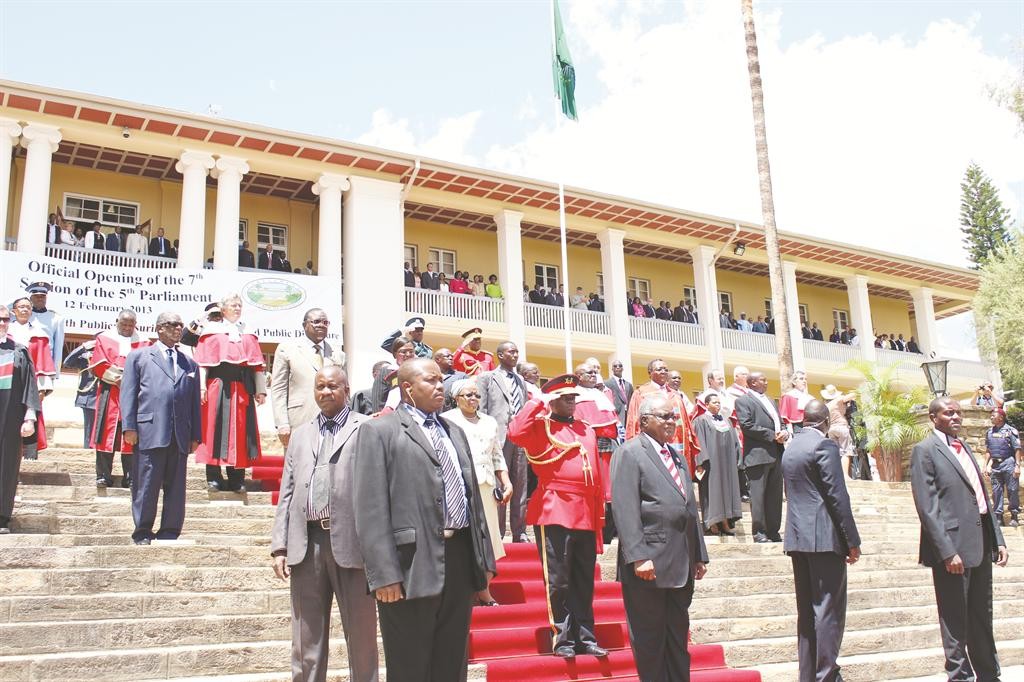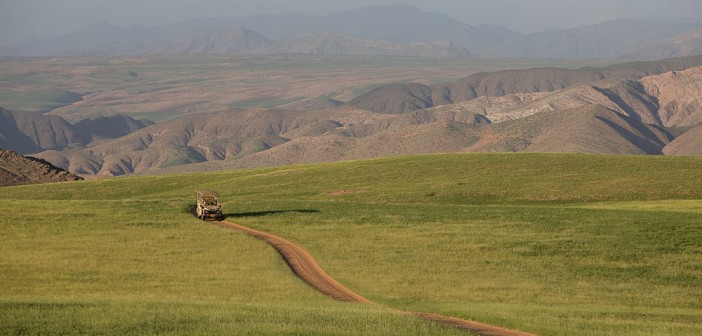Remnants of colonialism
Land ownership is a contentious issue in many countries. In the emerging world, it is particularly controversial. The memories of colonial powers, where a small foreign elite controlled vast swathes of a country, are still engrained in the population. Land was often also a source of exploitation. Wealthy individuals, upon gaining control of lands, would create plantations, and use forced labour to reap significant financial rewards from their crops. In Africa, perhaps the most brutal scar of this practice is still seen in the Democratic Republic of the Congo. When controlled by King Leopold II as the Congo Free State, the country was host to some of the most inhumane use of land in the history of the continent. In the pursuit of riches from the rubber tree plantations, 10 million Congolese died, as many as 20% of the population as a direct result of forced labour. Colonisation in Africa and most of the emerging world has been about the control of land for financial gain.
In the decades following independence, many countries sought to reassert control over the land. Land reform became a key populist political topic. Zimbabwe’s Robert Mugabe distributed more land to black Zimbabweans, who had been left with much less than the white settlers. South Africa seeks to implement land reform. Namibia is the latest African country which has announced drastic land reform plans. But are these necessary? Is land reform actually a helpful policy? Or could it be a reactionary policy that actually hinders rather than helps the economy?
Namibia’s new land laws
 [via Namibian Sun]
[via Namibian Sun]
A new bill has been introduced by Sophia Shaningwa, Namibia’s Urban and Rural Development Minister. Known as the Regional Councils Amendment Bill, it seeks to shake up the laws surrounding landownership in the country. Specifically, it concerns the nationality of landowners. The bill proposes making it illegal for people without Namibian nationality to own land in the country. What may at first seem like a positive bill, allocating land for the population, becomes a troubling prospect. Namibia’s own government says that, since independence, it has spent more than 770 million Namibian dollars (£56m) acquiring over 2.4 million hectares of farmland. This is a potential problem.
Whose land?
The only certain aspect of these land reform bills are that foreigners will no longer be permitted to own land in Namibia. The bills do not explicitly state who the land belongs to. Does the land belong to the government, as an entity? Or does it belong to all the individuals of the country as a common good? The fact that the Namibian government has been accumulating land at an accelerated pace is cause for alarm. While restricting foreign ownership, the Namibian government may well be copying the practices of those they seek to stop. Without robust land reforms to give land to the common man, the Namibian government is simply accumulating land. Is this any different from the vast plantations of colonialism? Well, there is one key difference.
The government as a business
The main reason that land reform could be a hindrance to the Namibian economy is the management of land. The public sector is not, by itself, a bad thing. Historically, in Africa, government enterprises have served as a means to accumulate wealth in the hands of the few, a retracing of the rusted (yet still present) colonial structures of old. The aim of these enterprises is rarely the common economic good. Another issue is that even if this were to be the aim, there is no guarantee that government officials would know what they are doing. They may not have the expertise in the government to properly utilise the land and maximise the revenue that can be derived. When this is delegated, by means of offering land contracts to companies, both foreign and domestic, there can be more potential issues. Corruption can once again rear its head, as government officials may be willing to accept bribes for awarding land leases to certain companies at the expense of others. The only potential benefit could be that if the land was utilised by actual enterprises, true economic value could be derived. However, financial kickbacks through corruption may have a detrimental effect on any firm’s potential profits, and on the economy as a whole.
No easy answer
 [via Desertification]
[via Desertification]
If the government were to distribute land equally among the population, this could have an even worse effect on the economy. Millions of small landholders would not be able to create economic value. Large landholdings by the government would not be able to fairly and easily create economic value. The exception of this may be safari parks, but these are only a small aspect of land usage. Allowing corporations, with the expertise to effectively use land, whether for residential, agricultural, or commercial projects, from whichever country they may hail, would perhaps be the most economically sensible option. But land reform has never been about economics. It has always been a populist policy, designed to get the masses onside, in a purely political exercise. With Namibia’s GDP already tipped to decrease over the next few years, it would perhaps be better for Namibia if the land reform bills did not go through.





